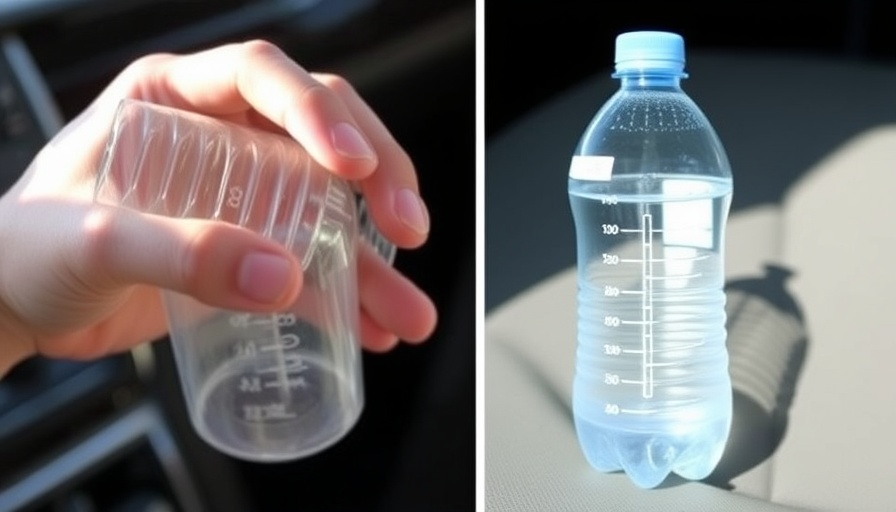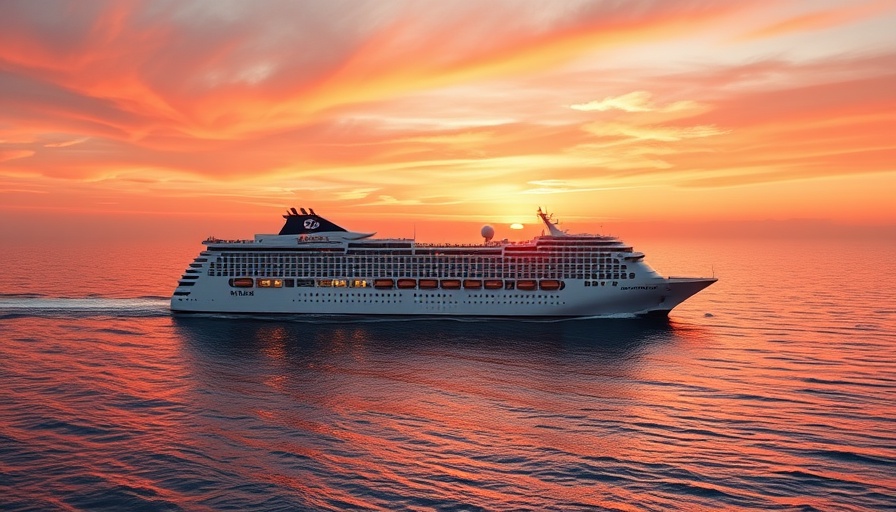
The Hidden Dangers of Drinking from Bottles Left in Hot Cars
Many of us have experienced that moment of panic when we spot a water bottle left in a blazing hot car, raising questions about safety. But what exactly happens to that plastic bottle when it's subject to high temperatures? And should you really be worried about drinking from it?
How Heat Affects Plastic Bottles
Temperature changes can significantly alter the composition of plastic bottles. When plastic water bottles heat up, chemicals such as bisphenol A (BPA) and phthalates—common components in some plastics—may leach into the water. Although many companies have moved towards BPA-free plastics, some lesser-known brands may still use materials that can release harmful substances when heated. It's worth noting that prolonged exposure to heat is more likely to trigger this chemical leaching, which could pose health risks if consumed regularly.
Health Risks of Chemical Exposure
Research suggests that long-term exposure to certain chemicals found in plastics may lead to health complications such as hormonal imbalances, reproductive issues, and other illnesses. Though the immediate risk might appear minimal, the cumulative effect over time can be concerning.
Practical Tips to Stay Safe
To avoid any potential risks, it's advised not to drink from bottles that have been left in hot cars.
- Store bottles in a cooler or shaded area to keep contents at a safer temperature.
- Consider using insulated stainless steel bottles, which are not only more durable but also eliminate concerns about harmful chemical leaching.
- Regularly inspect plastic bottles for signs of wear and tear, as these can also increase the likelihood of chemical leaching.
A Final Thought
Understanding the effects of heat on plastic water bottles is crucial for your health and well-being. Being proactive about your bottled water habits can make a significant difference. Choose wisely, stay informed, and keep your drink safe.
 Add Row
Add Row  Add
Add 




Write A Comment